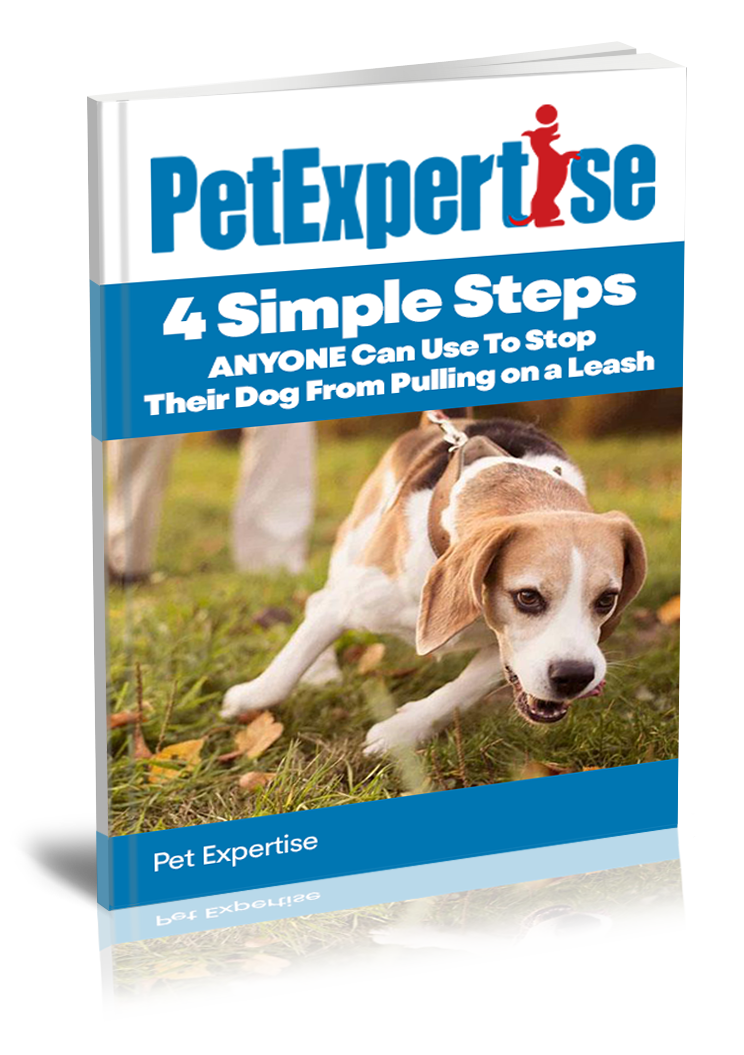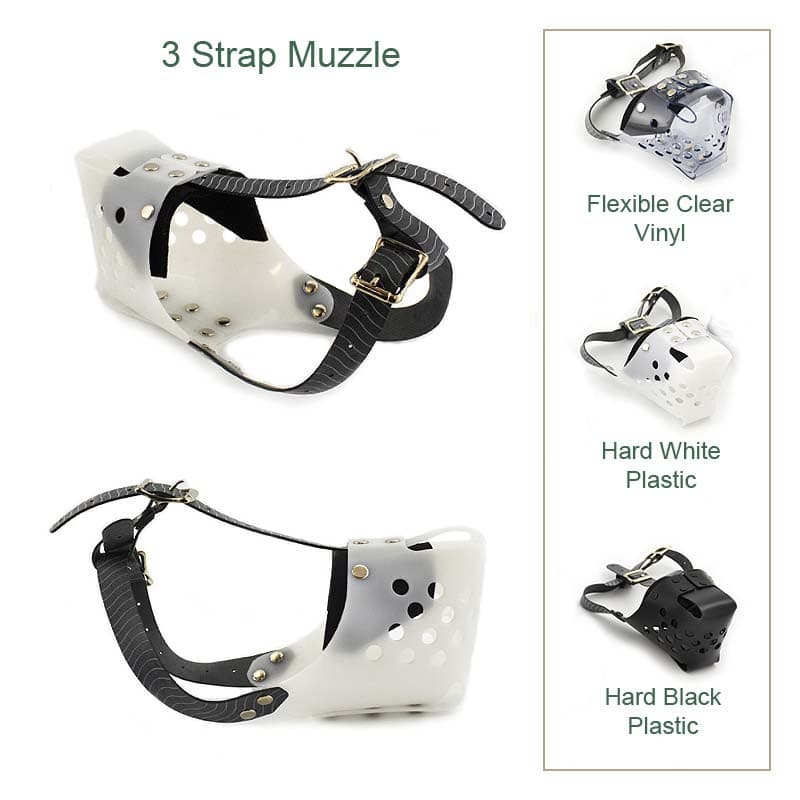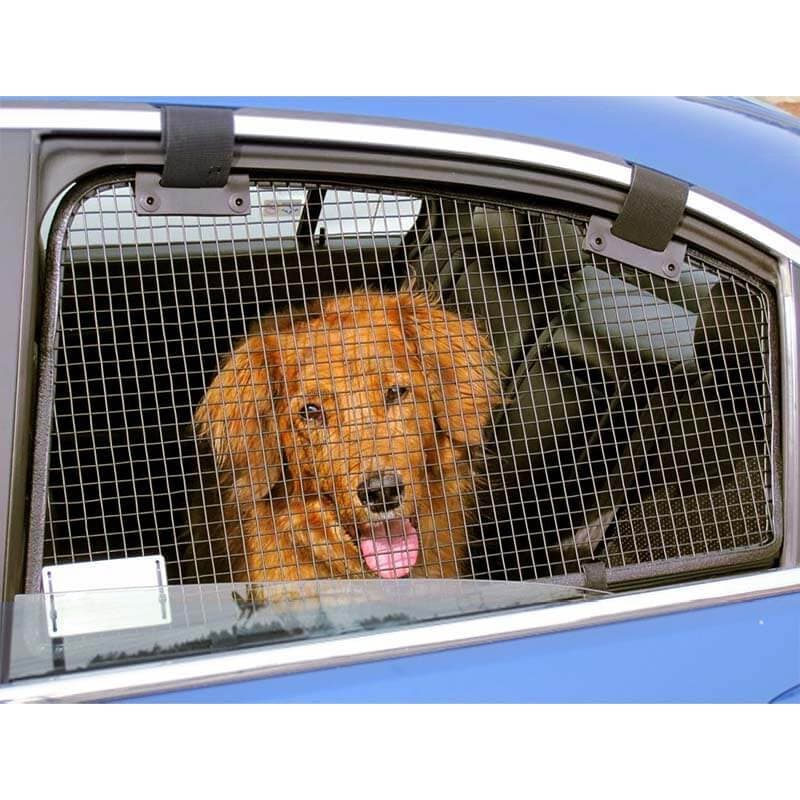Puppy Training That Prevents Behavioral Problems in the Future


Puppies are adorable creatures that most people find irresistible. However, how many of us have been bitten by a puppy? It's not uncommon for puppies to bite when they're teething, but it can be frustrating nevertheless.
This is why we want to teach your pup how to behave early on in life, so you don't end up with behavioral problems later on down the line. Here are the most common dog behaviors and some tips about stopping bad behavior in puppies by training them not to chew or bark too much.
Most Common Dog Behavior Problems
Dogs are pack animals, and as such, they crave leadership. When you don't provide your pup with clear boundaries, they will often take matters into their own paws, resulting in some common behavioral problems.
However, by establishing rules and limits from an early age, you can help prevent these issues from developing. Some of the most common dog behavior problems are:
- Biting/Nipping: This is the most common behavior problem dog owners face. Puppies bite when they are teething and haven't learned how to inhibit their jaws yet. It is how they explore the world around them. Unfortunately, when your pup bites another person or dog, it can lead to injury and sometimes even a report to animal control in your area.
- Chewing: Puppies are naturally curious creatures who love to explore their world with all of their senses. That's how they learn about the different objects in your house and how they discover what types of things are edible or not. Because puppies don't know how to inhibit themselves yet, everything goes into those tiny mouths.
- Barking: If your dog barks constantly, they may be trying to communicate with you. New pet owners need to learn how their dogs communicate to stop this behavior problem before barking becomes an annoying issue in your household.
- Digging: Digging is a natural behavior for dogs. They like to create small spaces where they can feel safe and secure. If you’ve ever had an issue with your pup digging holes in the yard, then maybe it's time to learn how to stop the dog from digging.
- Jumping: Puppies jump up on people as a way of getting attention. They may be trying to say hello or just seeking some form of interaction from you. If your pup is constantly jumping on you, it can be annoying and even dangerous if they jump on you when you're carrying something.
- Urinating/Defecating: This is another natural behavior for puppies that stems from their need to mark their territory. Unfortunately, it can be a huge inconvenience for pet owners when their puppies urinate and defecate in inappropriate places.
How To Stop Bad Behavior in Puppies
The key to stopping bad behavior in puppies is training them early on in life. Puppy training should be a fun and positive experience for you and your pup, so they will be more willing to learn new things. Here are some tips on how to stop a dog from biting, chewing, barking, jumping, and urinating/defecating in inappropriate places:
Tip #1: Be Consistent With Your Commands
If you want to train a puppy not to chew, you have to be consistent with how you word the command and what type of behavior you're expecting from them. If one day you tell your pup not to chew on the couch and the next day they find you letting them get away with it, then they will become confused, and the behavior problem will only get worse.
Tip #2 Never Give Your Puppy Attention for Bad Behavior
When your dog is biting, jumping up on people, and digging holes in the yard, it's important that they don't get rewarded with any sort of positive reinforcement from their owners. Even if what they did was just a little bit annoying (or even cute), giving them too much attention will only encourage them to do it more in the future.
Tip #3 Use Positive Reinforcement When Your Pup Does Something Good
On the other hand, you should always use positive reinforcement when your pup does something good. It could be anything from giving them a treat to petting and praising your dog. When they know that they will get attention from you when they do something good, it will make training easier and more enjoyable for both of you.
Tip #4 Crate Train Your Pup
One easy way to stop dogs from peeing inside is by using a crate. The crate can be used as a place for your pup to sleep, eat, and relax. When they're not in the crate, you should keep a close eye on them so you can correct any bad behavior as soon as it happens. When used correctly, the crate can be an extremely effective way to train a puppy not to jump, dig, and pee in inappropriate places.
Tip #5 Make Sure Your Pup Gets Plenty of Exercise Every Day
If you want to train a puppy not to jump, then they must have enough energy throughout the day, so they don't feel compelled to get into trouble while you're busy at work or away from home for an extended period. A tired pup is a good pup.
Make sure you take your puppy for plenty of walks and playtime every day to help them expel all that energy in a healthy way.
Tip #6 Seek the Help of a Professional Dog Trainer
If you've been struggling to correct certain behaviors in your puppy for a long period, it may be beneficial to seek the help of a professional dog trainer. A trained and experienced instructor will have different tools that can make training easier and more effective.
Conclusion
Training a puppy can be difficult, but it is a lot easier with the right tips. These tips will help you prevent common behavioral problems in the future. If you're still struggling to train your puppies or they are exhibiting bad behaviors that you don't know how to handle, then it may be time to seek professional help. A good dog trainer will correct any bad behavior and help you establish a strong foundation of obedience.
Remember, it's important to be consistent with your training and use positive reinforcement when your pup does something good. With patience and dedication, you can have a well-behaved pup that is a joy to have around the house. We hope these tips have been helpful!
- Choosing a selection results in a full page refresh.
- Press the space key then arrow keys to make a selection.



